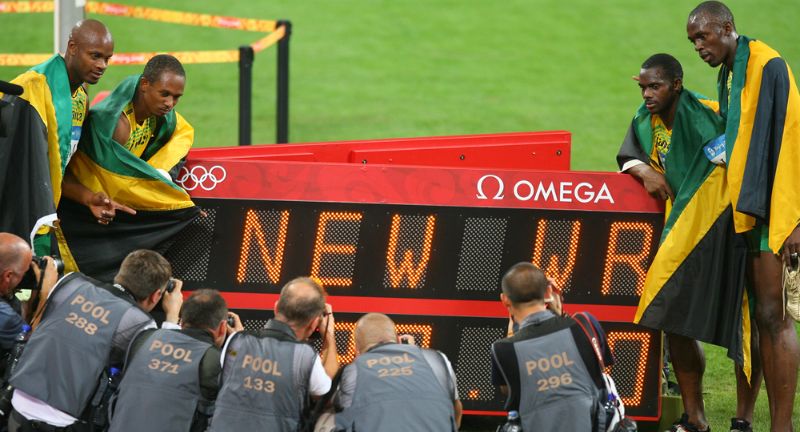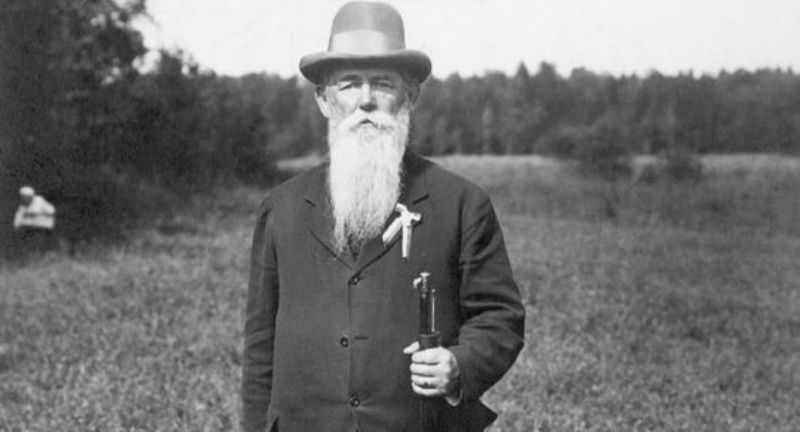
Pinterest
The Olympic Games have a rich history filled with fascinating and surprising facts. From ancient traditions to modern marvels, the Olympics have evolved into a global spectacle that captivates audiences worldwide. Many aspects of the Games, such as the origins of certain events or the stories behind the medals, are not widely known. Exploring these lesser-known facts can deepen our appreciation for this incredible event. Let’s delve into some surprising and intriguing facts about the Olympics.
Origin of the Olympic Games
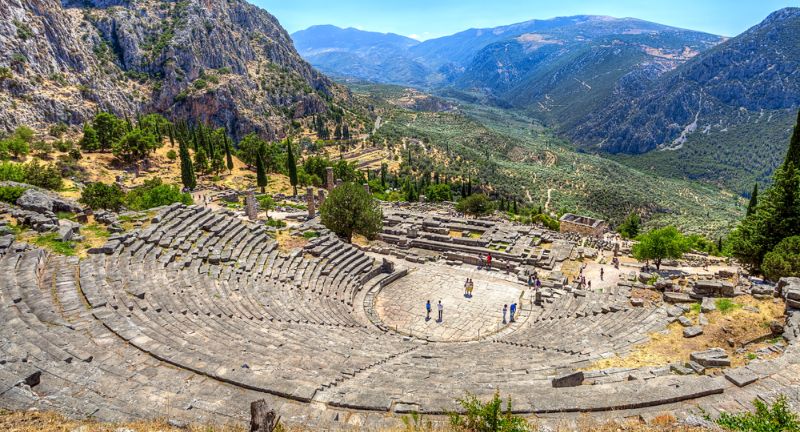
Shutterstock
The Olympic Games originated in ancient Greece around 776 BC. They were held every four years in Olympia and were dedicated to honoring Zeus, the king of the Greek gods. These games were a series of athletic competitions among representatives of various city-states of Ancient Greece. They continued for nearly 12 centuries until Emperor Theodosius I decreed in 393 AD that all such pagan practices be ended.
The First Modern Olympic Games
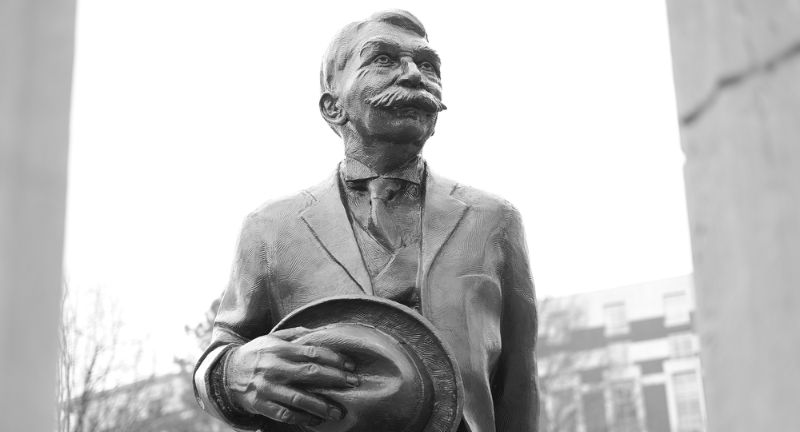
Shutterstock
The first modern Olympic Games were held in Athens, Greece, in 1896. This event marked the revival of the Olympic Games after more than 1500 years. The modern Olympics were initiated by Pierre de Coubertin, a French educator and historian. The 1896 Athens Games featured 241 athletes from 14 nations competing in 43 events.
The Olympic Flag
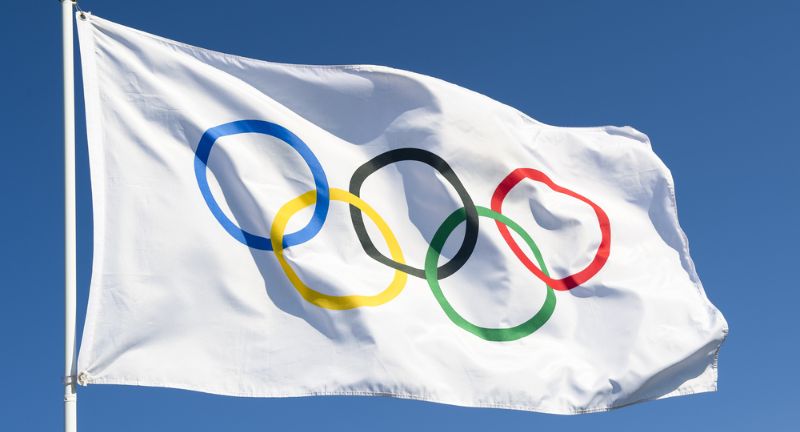
Shutterstock
The Olympic flag, introduced in 1920, features five interlocking rings. These rings represent the unity of the five inhabited continents: Africa, the Americas, Asia, Europe, and Oceania. The colors of the rings—blue, yellow, black, green, and red—along with the white background, were chosen because every nation’s flag contains at least one of these colors. The flag symbolizes global unity and the coming together of athletes from around the world.
Women in the Olympics

Shutterstock
Women were first allowed to compete in the Olympics in the 1900 Paris Games. Initially, their participation was limited to a few sports such as tennis, sailing, and golf. Out of the 997 athletes, only 22 were women. Since then, the role of women in the Olympics has grown significantly, with female athletes now participating in almost all events.
The First Winter Olympics

Shutterstock
The Winter Olympics were first held in 1924 in Chamonix, France. These games featured sports such as skiing, ice hockey, and figure skating. A total of 16 nations participated, with Norway and Finland dominating the medal tally. The Winter Olympics have since grown to include a wide variety of winter sports and attract athletes from all over the world.
The Olympic Flame

Shutterstock
The Olympic Flame, symbolizing the continuity between ancient and modern games, was first introduced at the 1928 Amsterdam Games. The flame is lit in Olympia, Greece, and then relayed to the host city through a torch relay. This tradition represents the connection to the ancient Games and the Olympic spirit of peace, unity, and friendship. The lighting of the flame is one of the most iconic and anticipated moments in the Olympic ceremonies.
Olympic Games Cancellations

Shutterstock
The 1916, 1940, and 1944 Olympic Games were canceled due to World War I and World War II. These cancellations highlight the impact of global conflicts on international events. The Olympic Games, typically a symbol of global unity and peace, were directly affected by the wars’ devastating consequences. Despite these cancellations, the Olympics have continued to be a powerful force for bringing nations together.
The Marathon
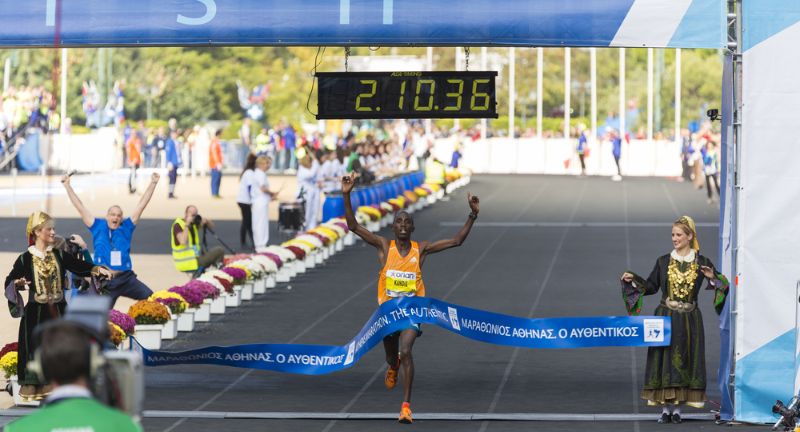
Shutterstock
The longest race in the Olympic Games is the marathon, covering a distance of 26.2 miles (42.195 kilometers). This event was inspired by the ancient Greek soldier Pheidippides, who ran from the battlefield of Marathon to Athens to announce a Greek victory. The marathon was introduced in the first modern Olympics in 1896. It remains one of the most iconic and challenging events in the Games.
The Olympic Motto

Shutterstock
The Olympic motto “Citius, Altius, Fortius” translates to “Faster, Higher, Stronger.” This motto was proposed by Pierre de Coubertin, the founder of the modern Olympic Games. It encapsulates the athletes’ aspirations to improve and push the boundaries of human performance. The motto reflects the Olympic spirit of striving for excellence in sports and life.
Gold Medals
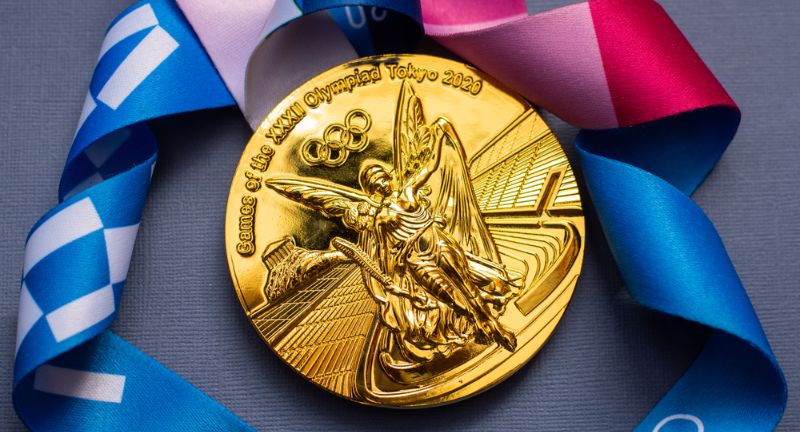
Shutterstock
Olympic gold medals are not entirely made of gold. They are primarily composed of silver and coated with a thin layer of pure gold. This practice has been in place since the 1912 Stockholm Games due to the high cost of solid gold. Despite this, the value of a gold medal lies more in its symbolic significance than its material worth.
Youngest Olympic Gold Medalist

Pinterest
The youngest Olympic gold medalist is Marjorie Gestring, who won the springboard diving event at age 13 in the 1936 Berlin Games. Her achievement remains a remarkable record in Olympic history. Gestring’s victory highlighted the potential of young athletes to compete at the highest levels. She exemplified youthful talent and determination on the world stage.
Oldest Olympic Medalist

Pinterest
The oldest Olympic medalist is Oscar Swahn, who won a silver medal in shooting at age 72 in the 1920 Antwerp Games. Swahn’s longevity and skill in his sport are extraordinary. He also holds the record for being the oldest competitor in the history of the Olympics. Swahn’s achievements demonstrate that age is no barrier to excellence in sports.
First Televised Olympics
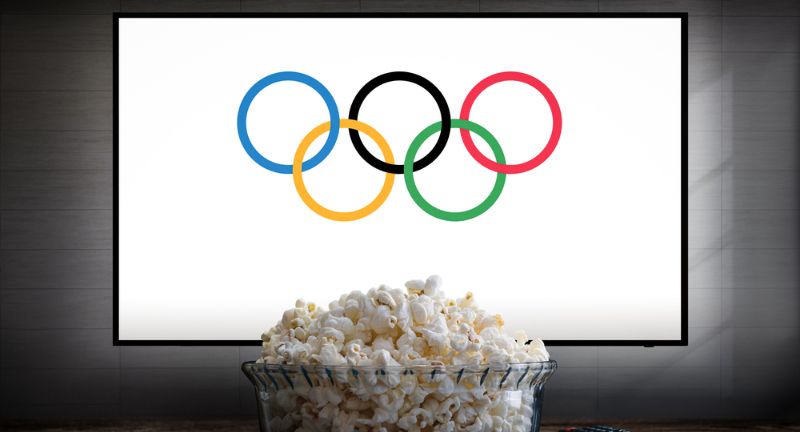
Shutterstock
The 1960 Rome Olympics were the first games to be fully covered on television. This marked a significant shift in how people around the world experienced the Olympics. For the first time, millions could watch live broadcasts of the events from their homes. The televised coverage helped to increase the global popularity and reach of the Olympic Games.
Hosting the Olympics
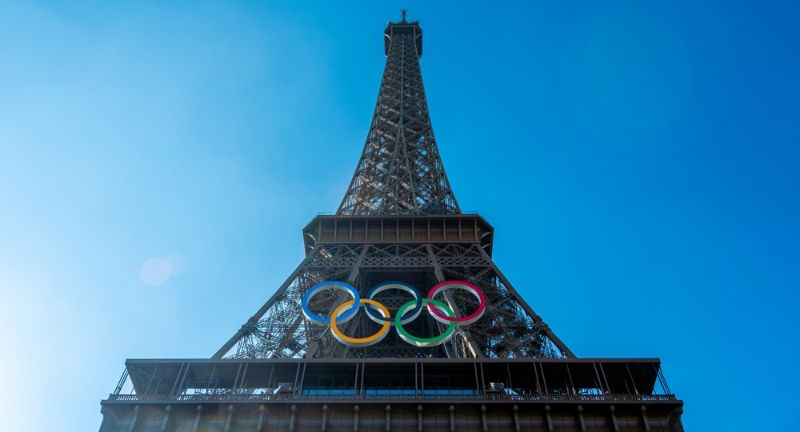
Shutterstock
The Olympic Games have been held in 23 different countries. The United States has hosted the most games, with a total of eight times. Hosting the Olympics brings significant attention and tourism to the host city and country. Each host nation has the opportunity to showcase its culture and infrastructure to the world.
The Olympic Village

Shutterstock
The Olympic Village, where athletes stay during the games, was first introduced in the 1932 Los Angeles Games. This innovation provided athletes with a dedicated, secure area where they could live, eat, and train. The village concept has become a staple of the Olympic experience, fostering a sense of community among athletes from different countries. It also ensures that athletes have access to the necessary facilities and support during the games.
Medal Tradition

Shutterstock
The tradition of awarding gold, silver, and bronze medals started at the 1904 St. Louis Games. Before this, winners were awarded silver medals, and there was no standardized system for second and third places. The adoption of the three-tier medal system has since become a hallmark of the Olympic Games. This system honors the top three athletes or teams in each event, symbolizing their outstanding achievements.
Changing Olympic Sports
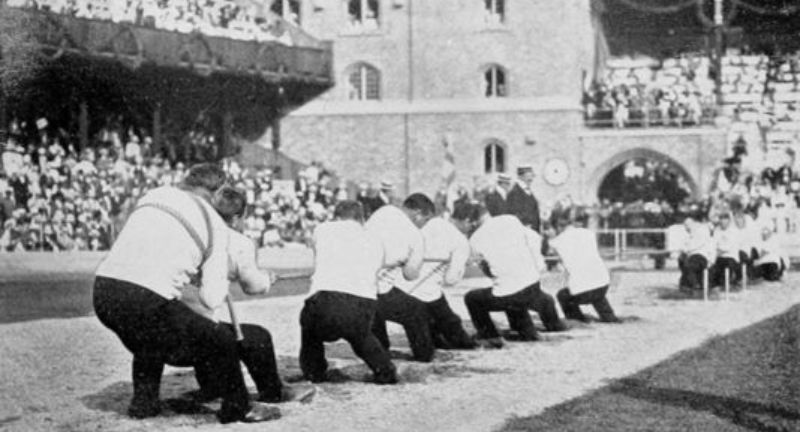
Shutterstock
The Olympic Games have seen the introduction and removal of various sports over the years. Some sports, like tug-of-war and croquet, were once part of the Olympic program but have since been discontinued. The inclusion of new sports, such as skateboarding and surfing, reflects evolving global interests and trends. This adaptability helps keep the Olympics relevant and exciting for new generations.
Record Participation
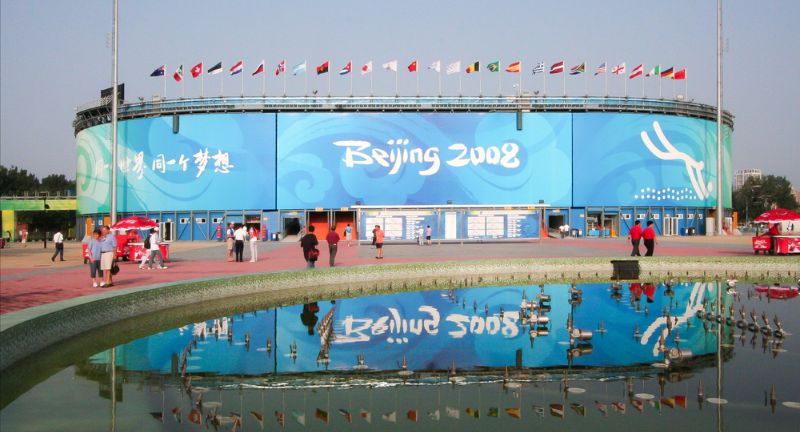 Shutterstock
Shutterstock
The 2008 Beijing Olympics featured the largest number of participating countries and athletes. Over 11,000 athletes from 204 nations competed in these games. This record participation highlighted the global reach and inclusiveness of the Olympic Movement. The Beijing Games were also notable for their spectacular opening and closing ceremonies.






















